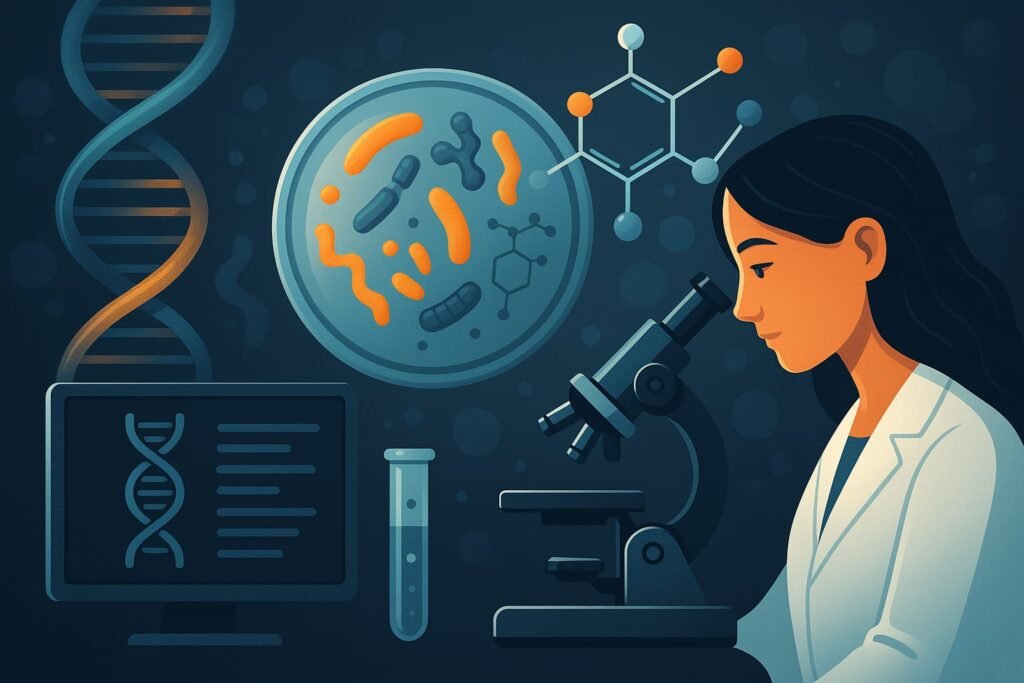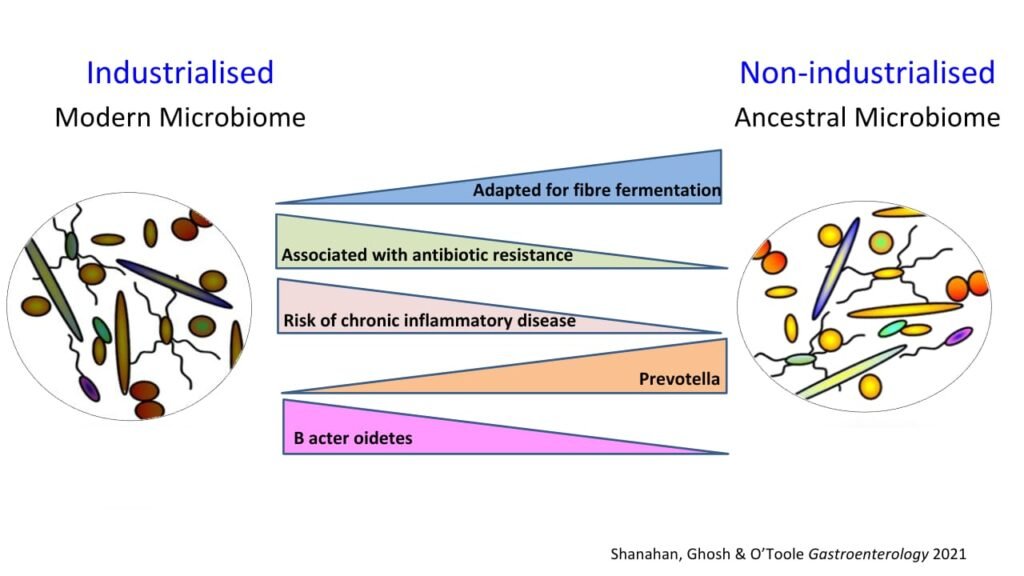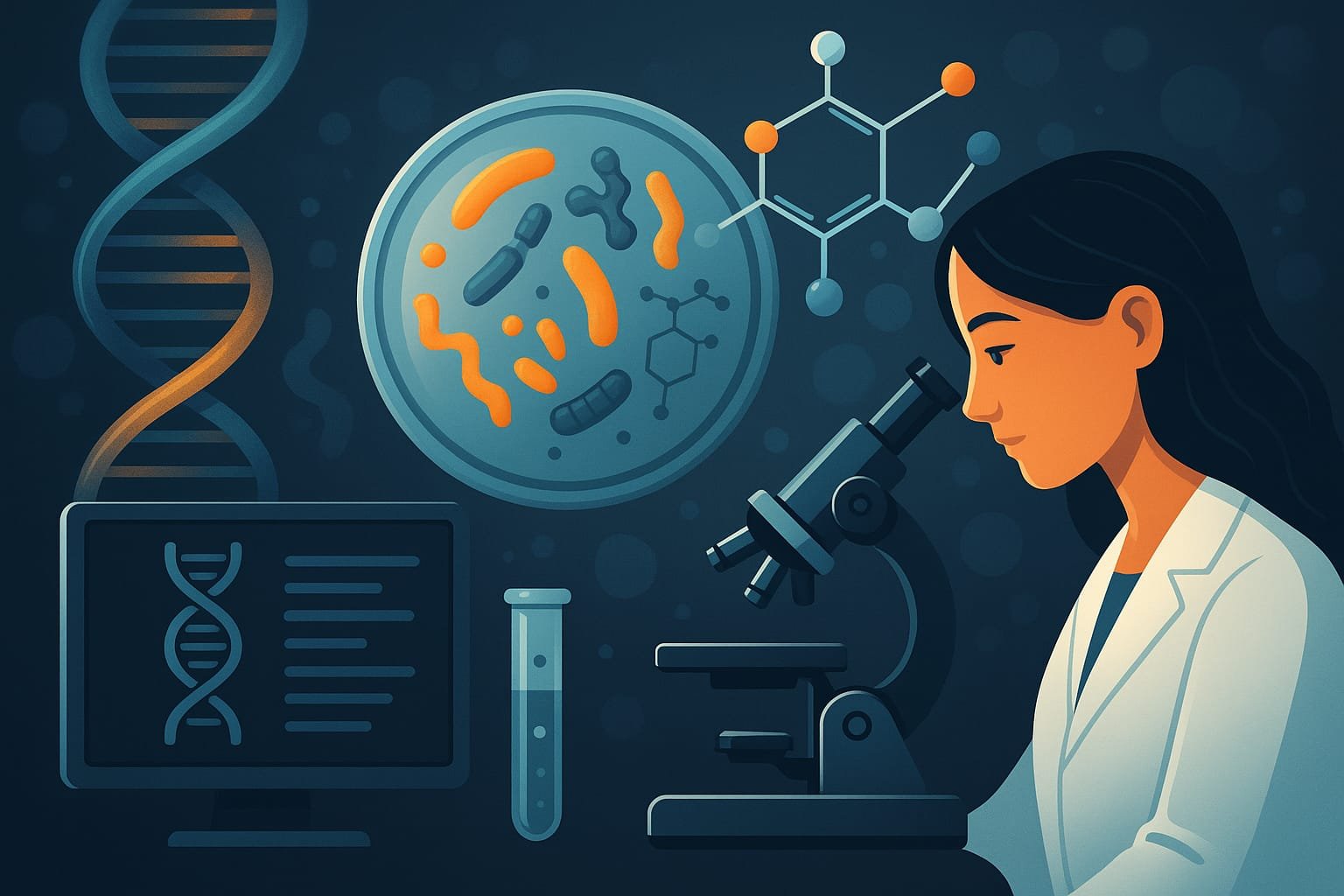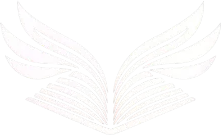WHAT SURVIVED INSIDE US
The story of colonisation lives not just in memory, but in the body.
Every person carries a hidden story. Not in their DNA but in their microbiome
WHAT IS THE MICROBIOME?
- 🧬 Digests Food
Helps break down and absorb nutrients from what we eat.
- 🛡️ Boosts Immunity
Defends the body against harmful bacteria and viruses.
- 😊 Supports Mood
Influences mental well-being through the gut-brain connection.
- 🧠 Regulates Brain Function
Communicates with the brain to impact memory, stress, and mood.
What is the microbiome?
It’s an invisible world inside you. Your microbiome is made up of trillions of microbes tiny living organisms like bacteria and fungi that live in your gut, on your skin, and throughout your body.
These microbes are not harmful. In fact, they’re essential for survival. They help you digest food, protect against illness, regulate your immune system, and even influence how you think and feel.
In many Indigenous communities including among Travellers lifestyles naturally supported this internal ecosystem. Modern science is only now beginning to understand just how important that was.

A RADICAL DISCOVERY
What scientists are only now beginning to understand, our community already lived:
There is a biological signature of survival.
Decades of exclusion, outdoor life, communal food-sharing, and cultural resistance didn’t just preserve traditions they preserved health advantages hidden deep within the microbiome.
This is not folklore. It’s science.
Key Discoveries
✅ Greater Microbial Diversity
Irish Travellers show higher microbial diversity compared to the industrialised population.
🌍 Global Parallels
Their microbiome mirrors those of Indigenous and pre-industrial communities around the world.
🛡️ Protective Health Traits
Microbial profiles reveal resistance to:
- Allergies
- Inflammation
- Mental illness
🧠 Public Health Insight
Findings provide new understanding of rising health issues in Western societies.
🔬 Scientific Proof of Cultural Continuity
This research offers a biological reflection of long-preserved cultural lifeways.
COLONISATION DAMAGED MORE THAN CULTURE

What the West Lost
- Chronic Inflammation
- Autoimmune Diseases
- Depression & Anxiety
What Survived in Traveller Life
- Microbial Memory
- Communal Lifeways
- Biological Resilience
“In other words: the body remembers colonisation, too.”
OUR WORK IN THIS FIELD
At TraVision Foundation, we are one of the first and only groups in Ireland making the connection between microbiome science, traditional Traveller lifeways, colonial history, and public health outcomes.
This is not state-funded work. It is led by community insight, scientific collaboration, and a deep commitment to truth-telling from within.
We’re not here to romanticise hardship—we’re here to show that even through exclusion, something survived that the world urgently needs to understand.
Our Focus Areas Include:
- Microbiome Science
- Traditional Traveller Lifeways
- Colonisation & Forced Assimilation
- Public & Mental Health
- Global Indigenous Biology & Survival
HEALING MUST BEGIN WITH BODY
The Traveller microbiome holds a living memory of a different way of life—one deeply rooted in nature, community, and survival.
These microbes didn’t just survive they carry insight into how our bodies once protected us, and how they can again.
This isn’t just about health. It’s about reclaiming what colonisation tried to erase.
Why This Work Matters Globally:
- Global Indigenous Health
- Childhood Immunity
- Mental Health Services that Ignore the Gut-Brain Connection
- Public Policy That Misunderstands Trauma and Illness
PARTNER WITH US IN THIS GROUNDBREAKING WORK
We believe that healing starts by telling the truth through science, culture, and lived experience.
That’s why we’re opening the door to collaborators who see health as more than clinical data—those who understand the deeper links between biology, colonisation, and survival.
WE INVITE:
- Microbiologists and medical researchers
- Mental health and trauma professionals
- Public health institutions
- Indigenous scholars and healers
- Educators, universities, and ethical investors


